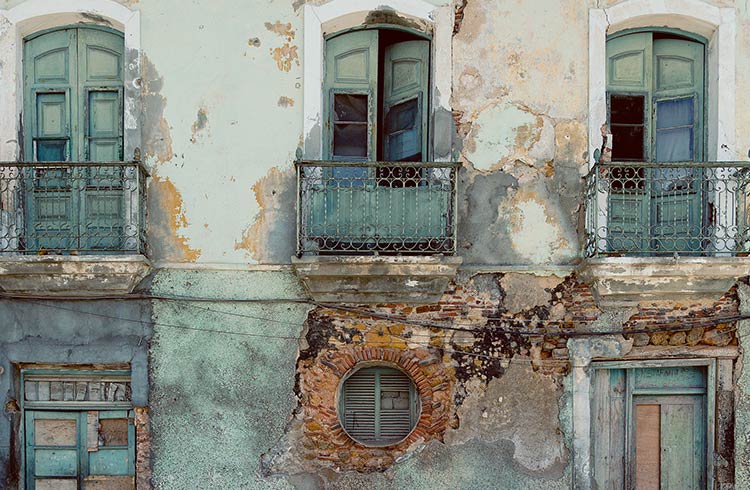Hygiene Tips: How to Stay Healthy Traveling in Angola
Find out how you can stay healthy and avoid common diseases in Angola with these tips.
 Photo © Getty Images/Ernânio Mandlate
Photo © Getty Images/Ernânio Mandlate
We know the content for Angola is out of date, and we are currently refreshing all of our travel safety content, so please check back soon for a newer version.
Angola carries a number of illnesses common all throughout Africa. It has rates of life expectancy and infant mortality that rank among the worst in the world, partly from poverty and partly from disease. Everything from malaria to rabies can pose a problem during your visit if you're not inoculated against them or prepared to decrease your risk of infection. A vaccine for rabies is not readily available once you arrive in the country, so it's something to consider getting before you even leave for your trip. Malaria, polio and hepatitis A and B are other possible diseases you can come in contact with.
Things like cholera can still emerge in outbreaks around Angola, as can Marburg hemorrhagic fever and tuberculosis. Yellow fever is common, and passengers without a document showing they've received a vaccination against the sickness may be detained at the airport upon arrival into Angola. You can opt to pay for a vaccination at the airport; if you don't, you'll most likely have to leave the country. Dengue fever is also a possibility. As elsewhere in Africa, rates of HIV infection are high.
Other illness that can occur when swimming or in the outdoors include onchocerciasis, filariasis and leishmaniasis. The Tse-Tse fly is present in Angola and can infect you with human sleeping sickness disease. The signs include daytime drowsiness and sleeplessness at night; if you experience either, go to the hospital immediately. Bring mosquito-repellent to ward against infection.
There are also poisonous snakes throughout Angola as well as scorpions, especially in drier areas. It will be hard to find medicine if you get bitten. Roughly 90% of food is imported in Angola, but you should still be vigilant about food safety. Make sure any food you buy is carefully washed and cleaned and be wary of street vendors. Don't drink tap water and instead consume only boiled, filtered or bottled water.
Do not drink ice or use tap water when brushing your teeth. Drink or use only boiled or bottled water and avoid ice in drinks. Probably the worst thing that will happen if you do accidentally drink water is diarrhea, but you will still have to seek medical attention if this occurs to rule our more serious illness.
You might encounter fuel shortages while in Angola in addition to water and power shutoffs. If you're staying with friends or residing in the country for some time, stock up on extra bottled water, food such as canned goods and generator fuel.
Share your hygiene tips for travelers to Angola in the comments below.
Simple and flexible travel insurance
You can buy at home or while traveling, and claim online from anywhere in the world. With 150+ adventure activities covered and 24/7 emergency assistance.
Get a quote
No Comments